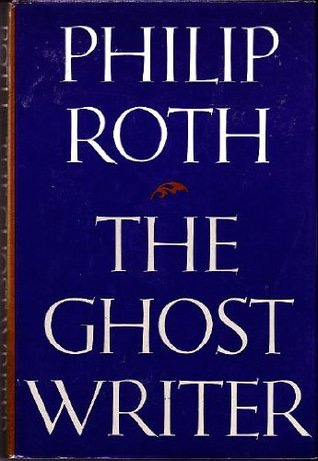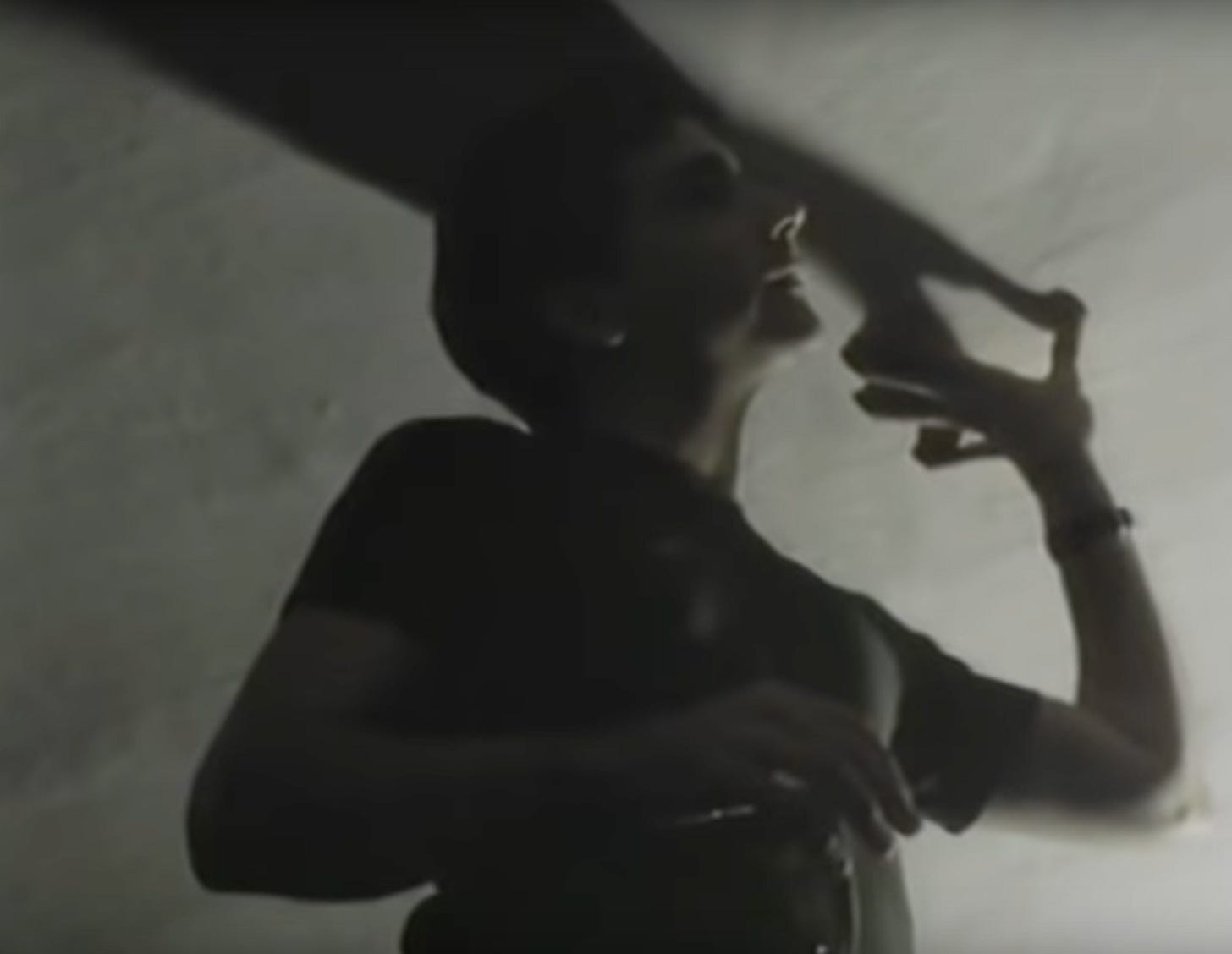Do I reference Philip Roth too much? You’ll keep finding his name coming up here in my posts, at least the next few, and I wonder if I can’t make him go away.
Are there no calamities in literary history?1 Roth is like one, and he has willed himself onto America’s. He has done his best to make his work inescapable. Step back into the last fifty years or so of literary novel writing in America and you keep stumbling into his example — and then his ego, his honesty, his vanity, his courage, his nastiness, his wit, his limitations, his tireless dedication to writing.
The first book of his I read was Everyman, which came out in 2006, when I was sixteen. It’s an odd book to start with, if only because it arguably marks when his genius was starting to leave him. I don’t care to return to it now because I don’t have much use for books about doctor’s visits or “meditations on mortality”. If you’re already dead on the page, what’s there to say?
But I must have liked Everyman back then, because after that I went on to Portnoy’s Complaint, which made my teenage head explode, American Pastoral, of which I still hold some strong memories but was probably too young to read, and then The Ghost Writer, which struck me even then as a perfect book.
The book is the story of Nathan Zuckerman, a stand-in for Roth, and his visit with the older writer E. I. Lonoff at his home in the Catskills. Lonoff read Zuckerman’s short stories and admired the young man’s work; Zuckerman can hardly believe he’s been invited to meet his hero, his literary master. A snowstorm turns an afternoon visit into an overnight stay, and Zuckerman becomes an intimate audience of one to Lonoff’s disastrous home life. Lonoff is having an affair with his grad student, a mysterious young woman named Amy Bellette, who is also spending the night. Lonoff’s loyal wife is there too, and she does her best to be the spouse of the Great Writer, until she finally breaks down. Tension turns into outright hostility, all while Zuckerman watches on. In the evening he spies on Lonoff and Amy, straining to learn what he can. The rest he fills in with fiction that he spends the night writing down, in particular a preposterous fantasy that Amy is secretly none other than Anne Frank, having survived the Holocaust and escaped to America.
Hardly can I recall being so fascinated by a work of fiction, so drawn onward through a purity of dramatic sequence. The book places itself exactly between the poles of reportage and fantasy, transgression and contrition, perversion and guilt, human sympathy and animal carelessness, light comedy and solemn ritual. Its scenes, its diction, its perspective, are all calibrated evenly between extremes. Not deep, not sharp and angular, not high up, not hidden — but not “direct” either, not “immediate”. No one is walking out from behind the page to shake your hand. If the book has a face, it has a hushed expression. It is not pained or overwrought, it does not writhe or rage or cry out. It is like we are being led down a long hallway, and though words are released from our interlocutor fluently, they seem to keep saying “come this way, and hurry up — we must not speak of these things too loudly … ”. Ghosts are inducting Roth into an alternate realm of their mutual imagining, and his real life is swept in with him. This was the start of his great phase, and the basis of his reputation and fame (aside from Goodbye, Columbus and Portnoy’s Complaint) by the time I got to him.
In 2011, the year I graduated from college, I saw him on TV with Obama getting a medal put around his neck, and then in 2012 he announced his retirement, ready for the world to reckon his legacy. Now in 2022 it is a different picture. Roth the pervert, the womanizer, the great giver of offense, dropped into whatever our common culture is now produces very different instincts than he did even in 2011. His death and the intervening years, a novel by a former lover, and the fiasco of his official biography have all given us more of Roth the man than we had before, and more than I personally ever needed.
But certainly there was already enough of him in his books! It’s like we’ve all been sitting in for psychoanalysis with him for decades, and we’re apt to feel we know too much. I felt this over again when I decided to go back to The Ghost Writer as a follow-up to The Netanyahus. I kept thinking of a sentence I like from Sally Rooney’s Normal People, which has a kind of compressed wit that is actually uncharacteristic for that book — but more on that another time. The quote is:
Connell always gets what he wants, and then feels sorry for himself when what he wants doesn't make him happy.
There’s Philip for you, and so many of us! The inner drama of Roth is neverendingly the battle between the sex maniac who wants what he wants and the good Jewish boy who still isn’t happy. Each keeps goading the other on and then guilting them in turn, and he can’t stop himself. That’s actually the bargain he made with the Ghosts. He told them: “I will go on oscillating like this and will sweeten my torment, if you let me put your powers into my books”.
You can read it all again and be annoyed — and enthralled, and then implicated by it, and then enthralled again. You can cringe or roll your eyes at embarrassing details like the narrator Nathan Zuckerman saying he likes that his dancer girlfriend has a “she-monkey face”2, and then marvel that Roth was bold enough to write it down. We don’t seem to have much use for honesty about male desire right now, but Roth is unfazed at every turn. He will just keep telling you about it, however ugly, however stupid, however reprehensible.
Even if he only survives as a “writer’s writer”, he won’t go away. If you’re …
Meditating on identity and the immigrant experience in America
Writing an elegy for a lost American center
Confronting twentieth century Jewish history through fiction
Releasing previously repressed sexual desire onto the page
Experimenting with metafictional confusions of author and fictional character
Navigating a career as a high-profile literary writer3
Confronting the senselessness of the “fragmented” chaos of our “modern” condition, especially the American version of that condition
Finding out that Being Bad makes for good writing, and often feels good
Developing a monologue-like fiction writing style, riffing and ranting
Writing a fantasy about Anne Frank still being alive and surviving into adulthood … she escapes to America and changes her name and falls in love and starts an affair with an older married Jewish American writer who reminds her of her father, and it is all so absurd and offensive and uncomfortable and strikingly sympathetic and insightful and impossibly convincing …
… you will find him waiting.
P.S. I tried to watch the TV movie version of The Ghost Writer, but I could barely get through it. I skipped around, as it seems to be a faithful transcription of the book anyway. The casting, at least in terms of the actors’ appearances, seems to me just right, but I found in many scenes that the directing of the actors was wanting. The scenes of tension and especially the more private and intense emotional scenes can sometimes hit the right note, but many of the ordinary scenes, where everyone is polite but so much is happening under the surface, are either too wooden, or too fast, or almost distracted at times …
Is the book unfilmable? Or is the dialogue actually worse than it seems when you’re reading? In the book, you go along with whatever is said, entranced. The movie only reaches this sometimes, like when Lonoff says at the end “We are all about to calm down”.
The actor for Nathan Zuckerman is right and somehow all wrong. Who but Roth himself could have captured the annoying good boy / bad boy mixture needed here?
And then there’s poor Claire Bloom, who plays Lonoff’s wife and who would go on in real life to marry Roth for five years and then, just like her character in the film, make her escape after she couldn’t take it any longer. Here she is doing the right thing, with all her belongings in a suitcase!
Many of the shots are admirably planned and memorable. The director likes putting the actors in the foreground —
— and does cool things with simple lighting —
The actor for the E. I. Lonoff character does his job well enough —
— but the best part may be Paulette Smit, who plays Amy Bellette / “Anne Frank”. She has winning moments in the scenes that delve into Zuckerman’s Anne Frank fantasy, where she actually gets at what Roth was trying to do in the book. (Though she’s just as stiff as everyone else in the other scenes). But most of all it was her various shady glares that caught my attention, which seem to me to have real internet meme potential:
Listen up, Philip! These are recorded here for posterity!
My title is a phrase from the last page of the novel.
My screenshots are taken from the probably unauthorized YouTube link from above.
p. 35













